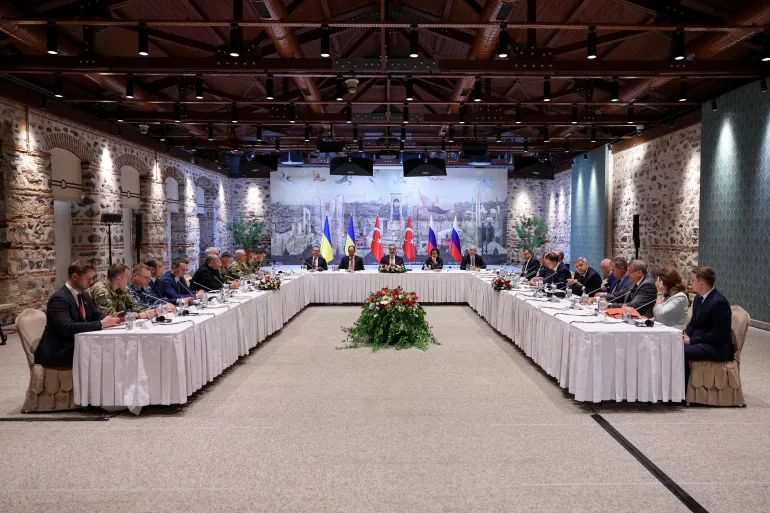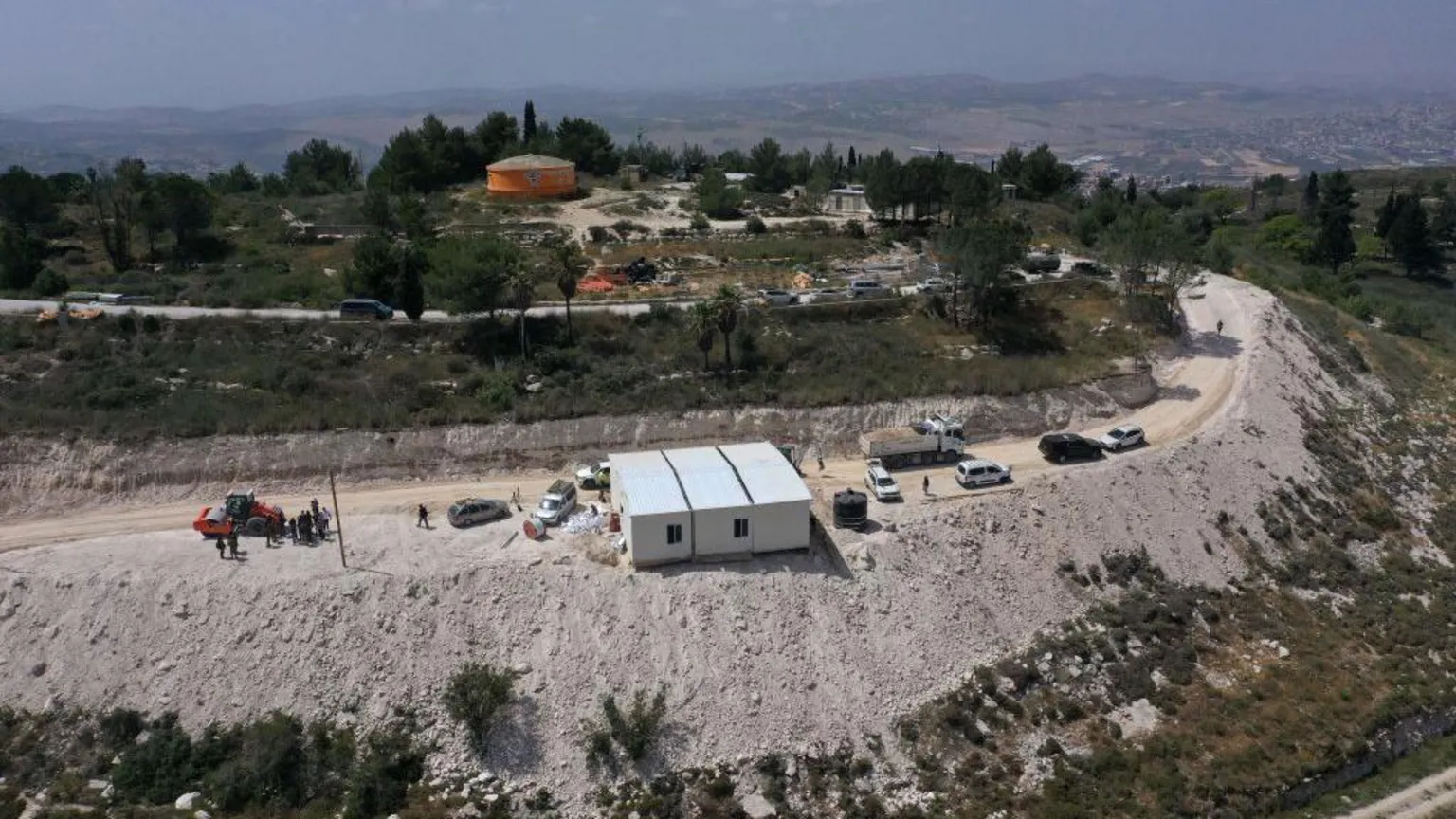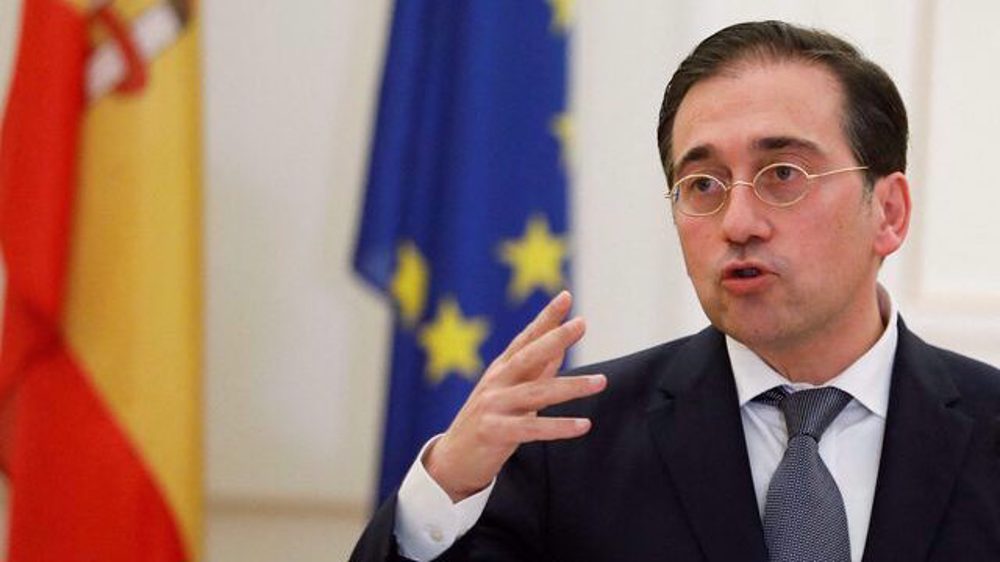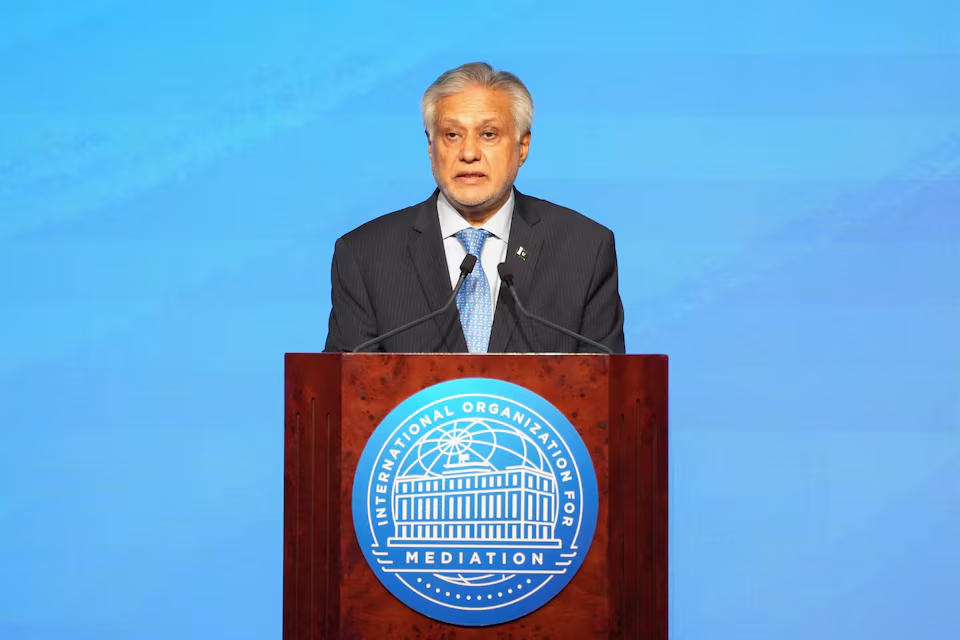Efforts to negotiate peace between Russia and Ukraine once again failed on Friday, as the highly anticipated talks in Istanbul ended abruptly after less than two hours, with no agreement on a ceasefire. This marked the first direct talks between the two countries in more than three years, and despite hopes of a breakthrough, the meeting yielded only a prisoner swap deal with no tangible progress on ending the war.
The discussions took place at Istanbul’s historic Dolmabahce Palace, hosted by Turkey in a renewed effort to mediate between the warring sides. Turkish Foreign Minister Hakan Fidan moderated the meeting, which had been arranged following months of quiet diplomatic outreach by Ankara. In an attempt to build momentum for broader negotiations, both Kyiv and Moscow agreed to exchange 1,000 prisoners of war each—the largest swap since Russia’s full-scale invasion in February 2022.
Still, the exchange was the only achievement of the session. No agreement on a ceasefire, de-escalation, or future framework for peace talks was reached. Both sides emerged from the meeting blaming the other for the deadlock.
Ukrainian officials accused Russia of submitting proposals that included sweeping territorial demands, which they dismissed as completely unacceptable. A senior aide to President Volodymyr Zelenskyy stated that Russia’s terms amounted to “dismembering Ukraine” and undermined the principles of sovereignty and international law. According to Ukrainian sources, Moscow demanded official recognition of its control over territories it has occupied, as well as limitations on Ukraine’s future NATO ambitions—conditions Kyiv has long rejected.
On the other side, Russian officials claimed that Ukraine’s position was increasingly rigid and detached from the reality on the ground. The Kremlin expressed frustration that Kyiv refused to engage seriously on what it described as “core security concerns” for Russia and the Russian-speaking population in eastern Ukraine. A Russian spokesperson described the Ukrainian delegation’s proposals as “not constructive” and “not aligned with prior understandings.”
The brevity of the talks underscored how deep the divide between the two sides remains, and many observers had anticipated the low chances of success. Neither President Zelenskyy nor Russian President Vladimir Putin attended the summit, and their absence was noted as a sign that neither side was prepared to make major political concessions.
Turkish Foreign Minister Hakan Fidan, while expressing disappointment, urged both parties to remain committed to dialogue. He noted that both sides had agreed to submit more comprehensive ceasefire proposals in the coming weeks and were open to a possible follow-up meeting, potentially involving their respective heads of state if conditions improved.
“The prisoner exchange is a significant humanitarian step, but we must be clear that much more work lies ahead to stop this war,” Fidan said in a brief statement following the talks.
The international response was measured. The United States, while not directly involved in the Istanbul talks, welcomed the prisoner exchange but expressed skepticism about Russia’s intentions. President Donald Trump, who has floated the idea of personally mediating a peace deal if re-elected, made no formal comment but previously stated that only direct engagement between world leaders could bring about an end to the conflict.
Meanwhile, European Union leaders reiterated that any ceasefire must be part of a broader and sustainable peace agreement that ensures Ukraine’s territorial integrity and sovereignty. They warned against any temporary ceasefire that allows Russia to consolidate gains or rearm.
Though the Istanbul talks may have achieved a small humanitarian win, the overall outlook remains grim. With no ceasefire in place and core political issues unresolved, the conflict in Ukraine shows no signs of abating. Analysts believe that without a fundamental shift in either side’s negotiating position or greater international pressure, further diplomatic breakthroughs remain elusive.
Source; Al Jazeera



